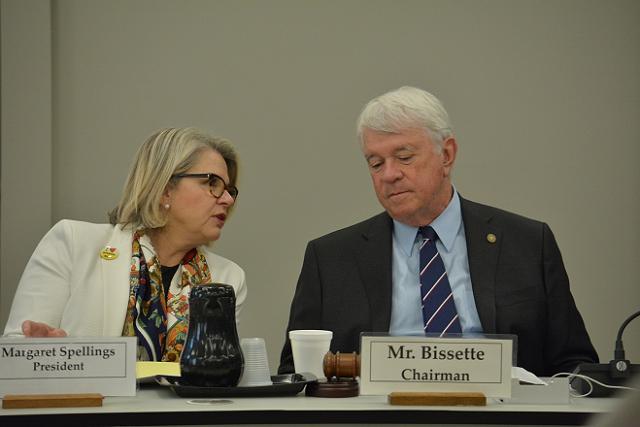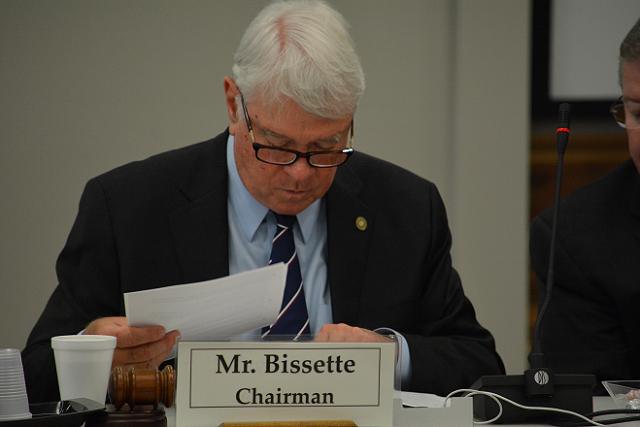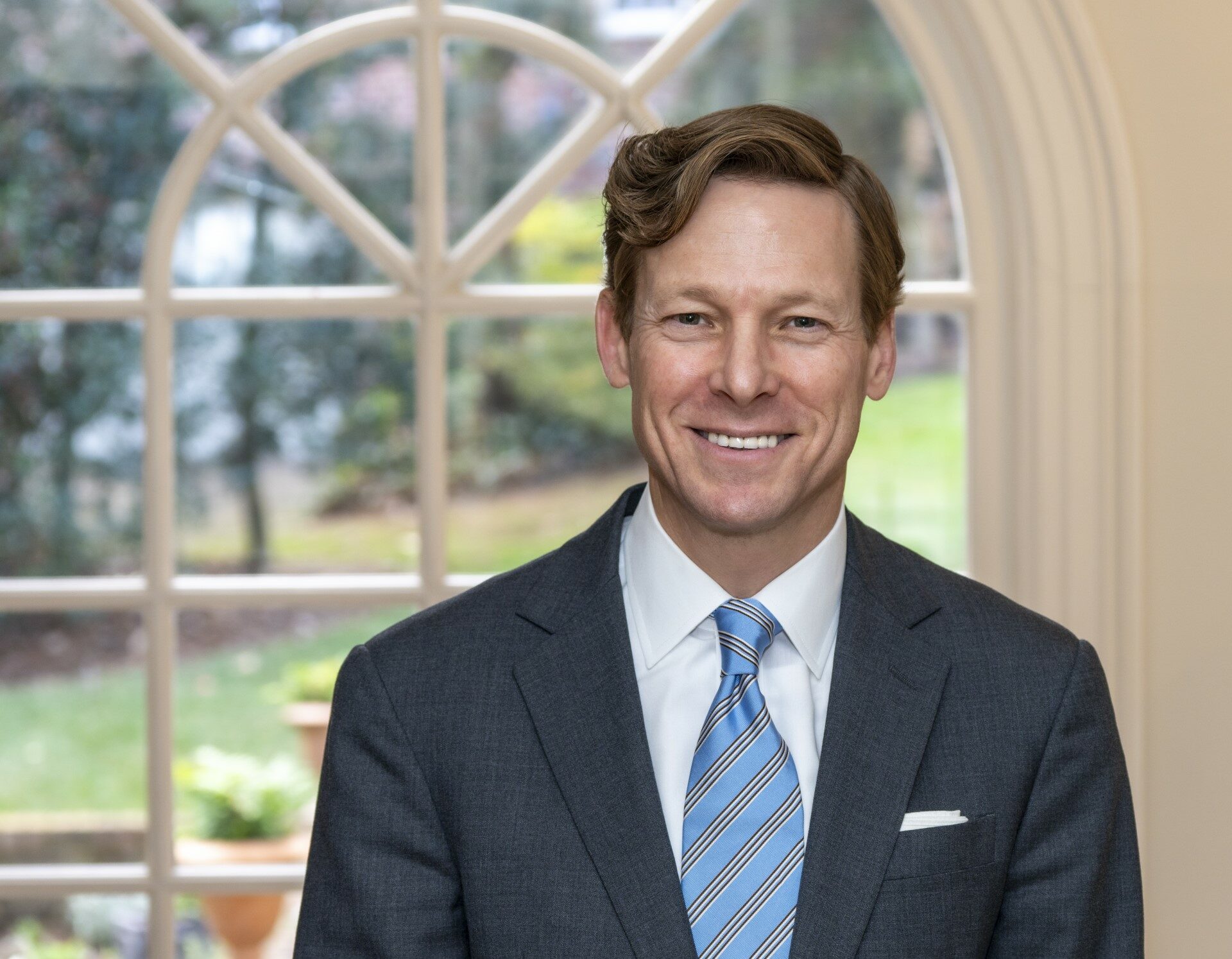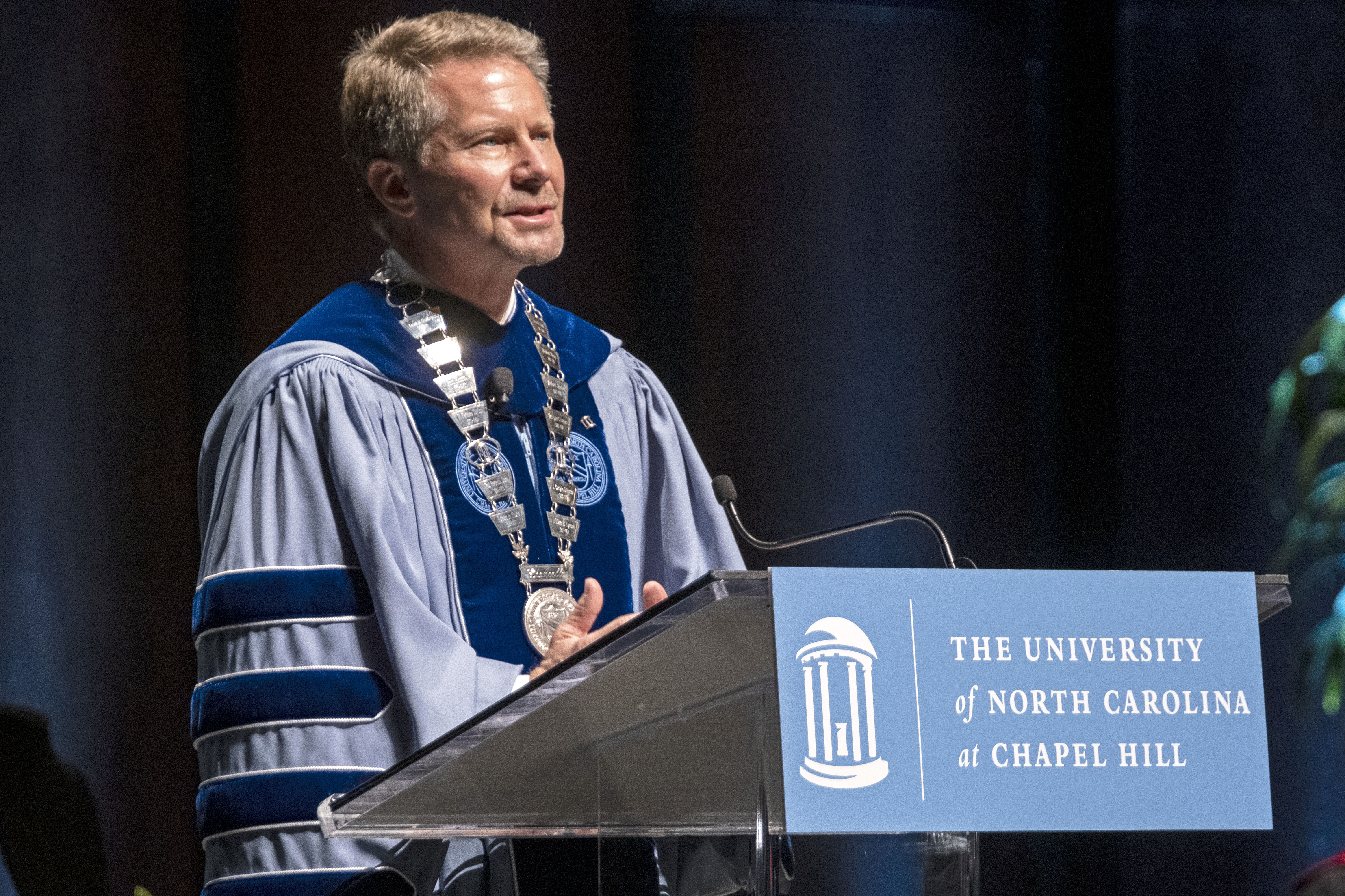For the first time since a federal judge blocked the University of North Carolina System from enforcing the state’s controversial House Bill 2, the system’s governing body met on Friday.
During a closed session portion of the meeting, the board discussed the overall case involving several UNC System employees suing over the legislation.
UNC System general counsel Thomas Shanahan said after the meeting that the late-August ruling from United States District Court Judge Thomas Schroeder gave the system some guidance to move forward.
But Shanahan said, overall, not much has changed for the system because it never intended to enforce the law, which advocates maintain is the worst piece of anti-LGBT legislation in the nation.
“House Bill 2 did not have enforcement provisions in it; the university has, therefore, not been taking steps to enforce it,” Shanahan said. “Judge Schroeder recognized that in his ruling; what he’s essentially said is – on the Title IX claim, that the plaintiffs are likely to prevail on it and so he enjoined enforcement of HB2.
“And I think immediately afterward, the university confirmed that absolutely we would be following that injunction.”
System President Margaret Spellings has said the university was caught between state and federal law and would be working to continue offering a welcoming environment to all students.
North Carolina Attorney General – and current Democratic gubernatorial candidate – Roy Cooper has said from the beginning that his office would not defend the state in any capacity in the lawsuits over HB2 – that includes the university. The system has, therefore, hired outside counsel to represent the institutions, while asking to be dismissed from the lawsuit.
That means that extra funding is needed to cover the legal fees.
“Regarding any time the university retains counsel to represent it, it comes out of university assets,” Shanahan said. “So that’s how we would expect to pay for it.”
Shanahan also said that means, of course, that funding now won’t be available for other university functions.
“I think we can say that any time the university is spending money on legal fees, the funds are not available to spend on something else,” Shanahan said. “So in that way, it could have an impact on other things the university could do with the money.”
Board chair Lou Bissette sent a letter to the attorney general’s office earlier this year asking that funds be set aside to cover the cost of the university’s defense in the lawsuit. Bissette said at the board meeting in July that the AG’s office had declined that request.
The board had also request the General Assembly direct the AG’s office to allocate the funding if the initial request was denied, but Spellings said at the July meeting they had heard no response from the legislature at that point.
“We asked the legislature for some resources during the legislative session and, obviously, the meter is running as this progresses,” Spelling said. “We may have to go hat-in-hand to them early next year depending on how this all plays out.”
The full lawsuit over HB2 was initially scheduled to take place in early November but has since been pushed back to May. There is no estimation at this point over how much the lawsuit will cost the UNC System.







Repeal HB2